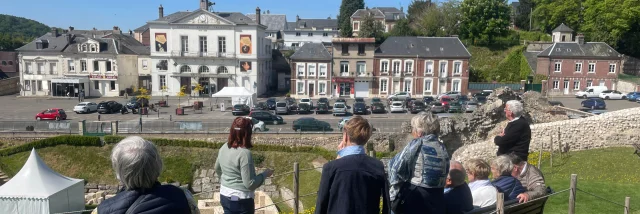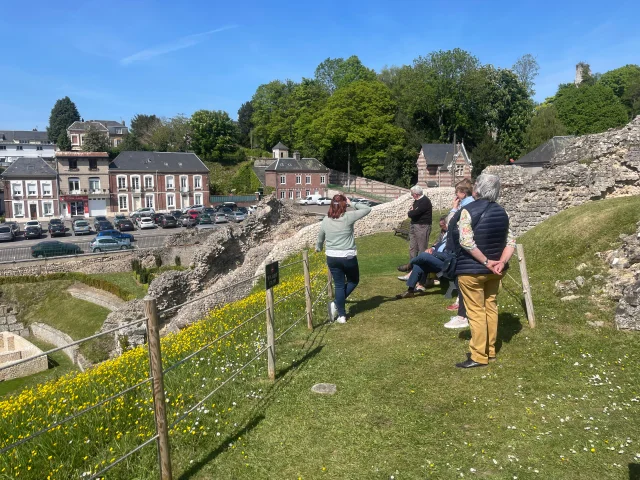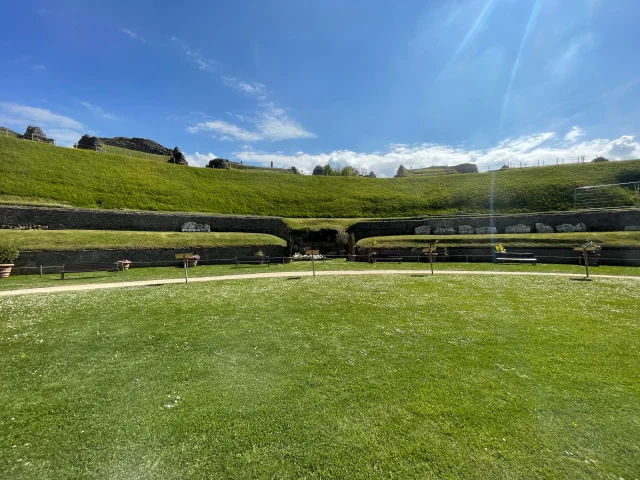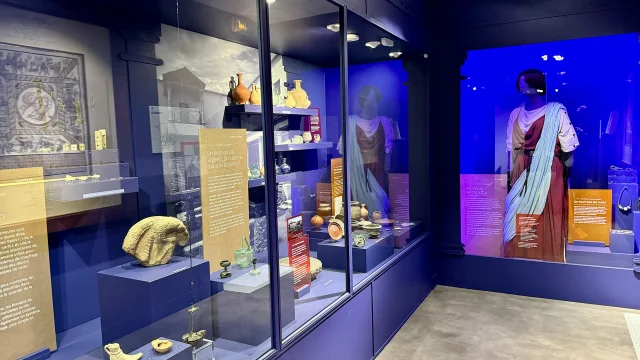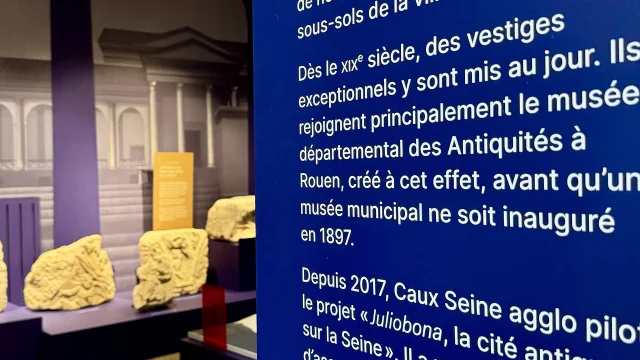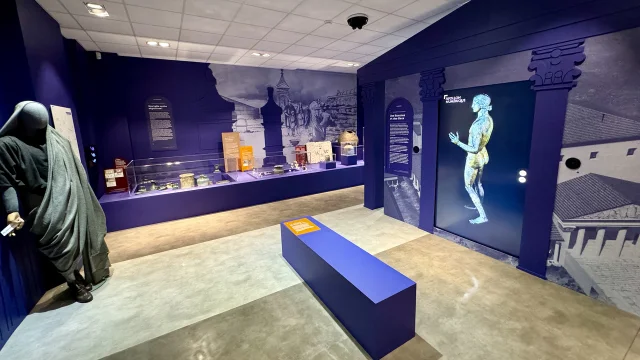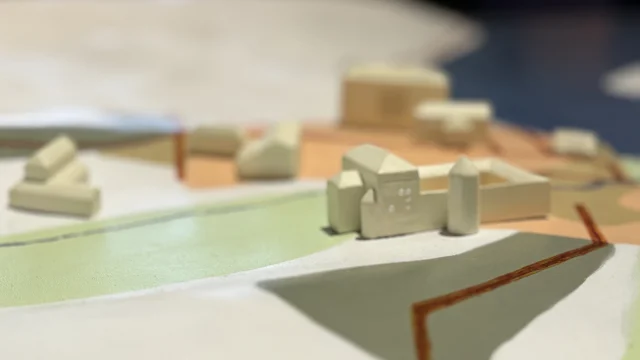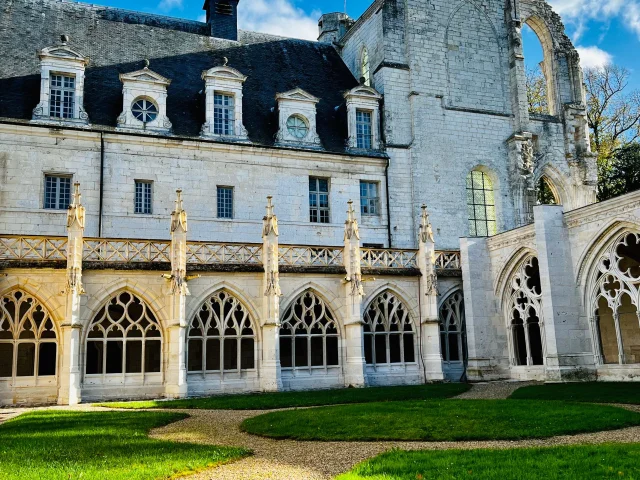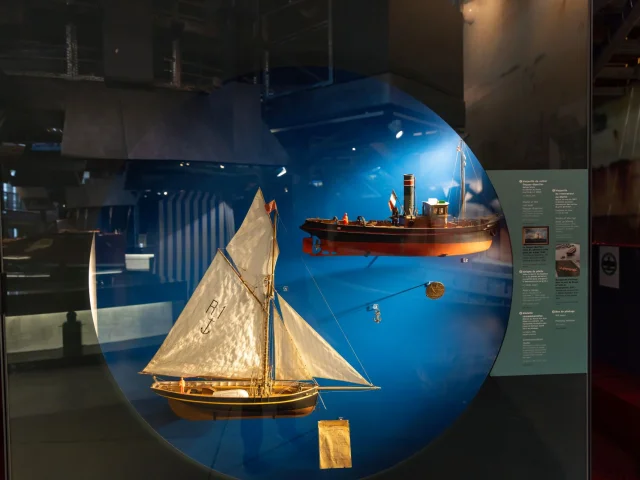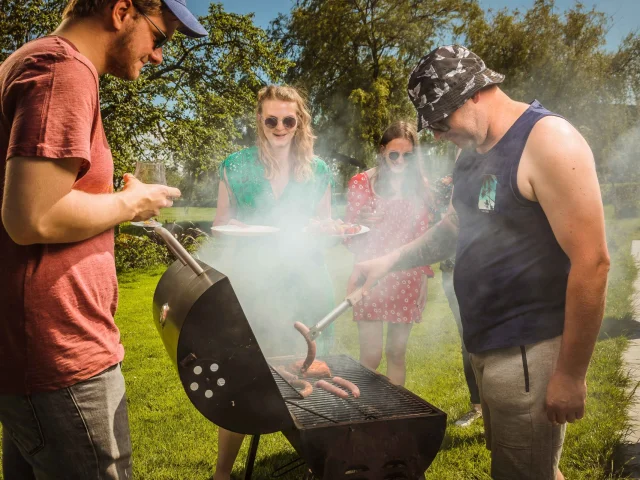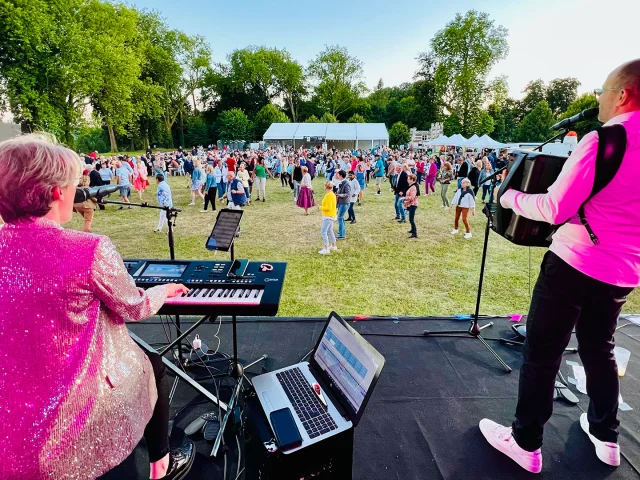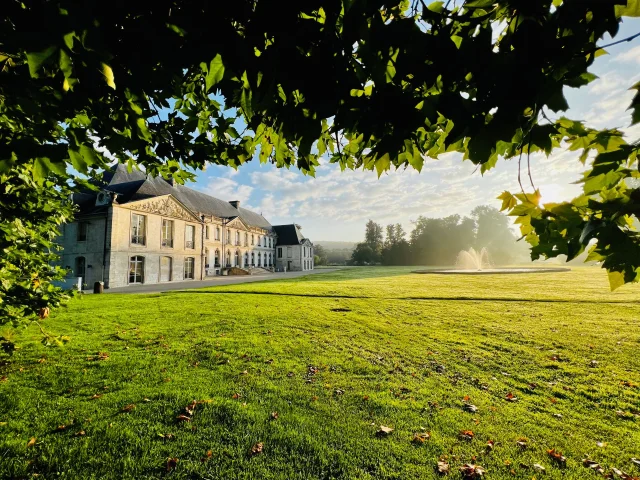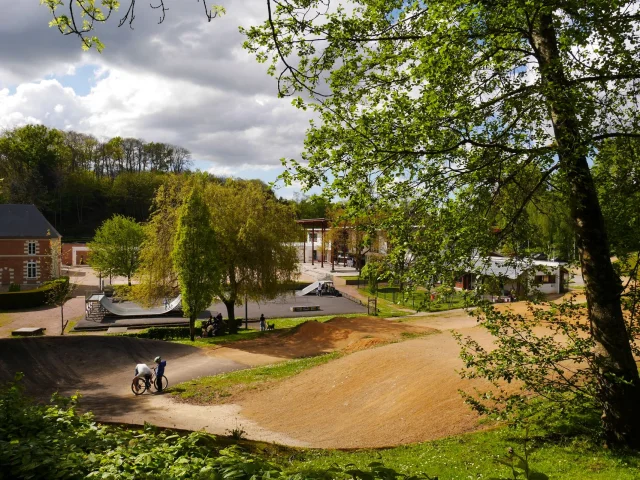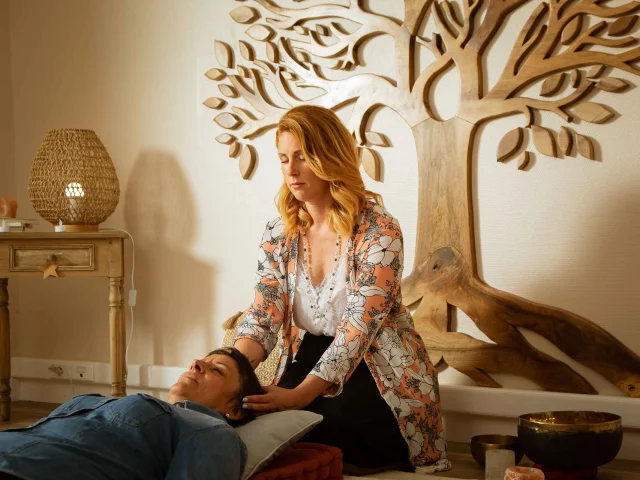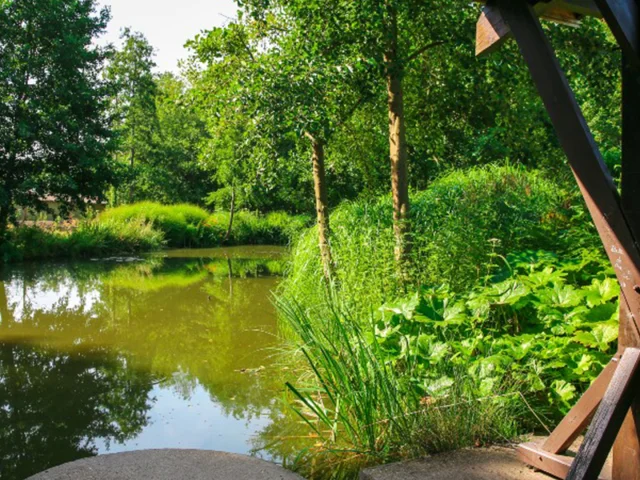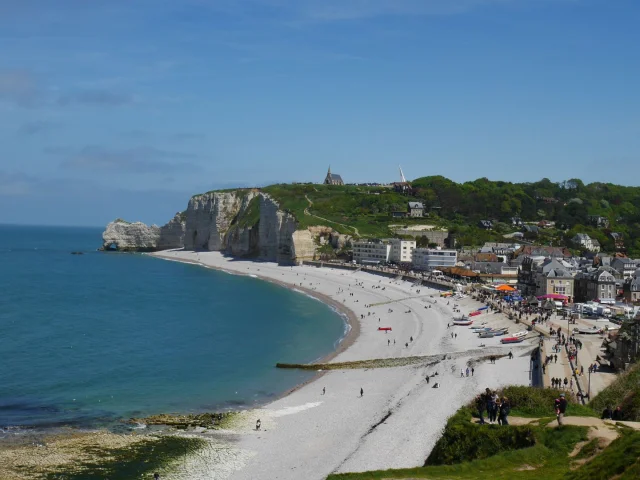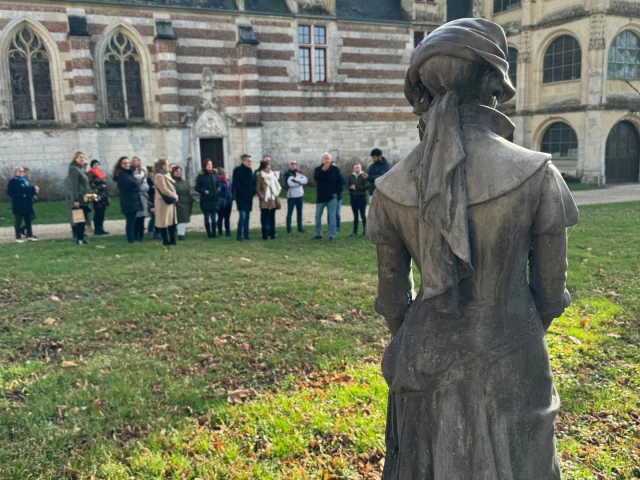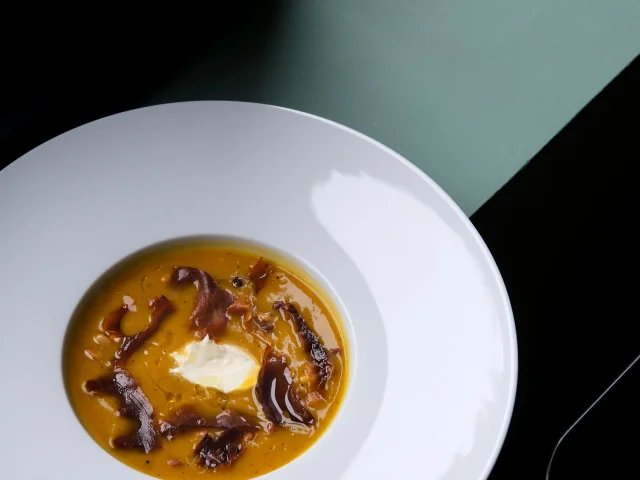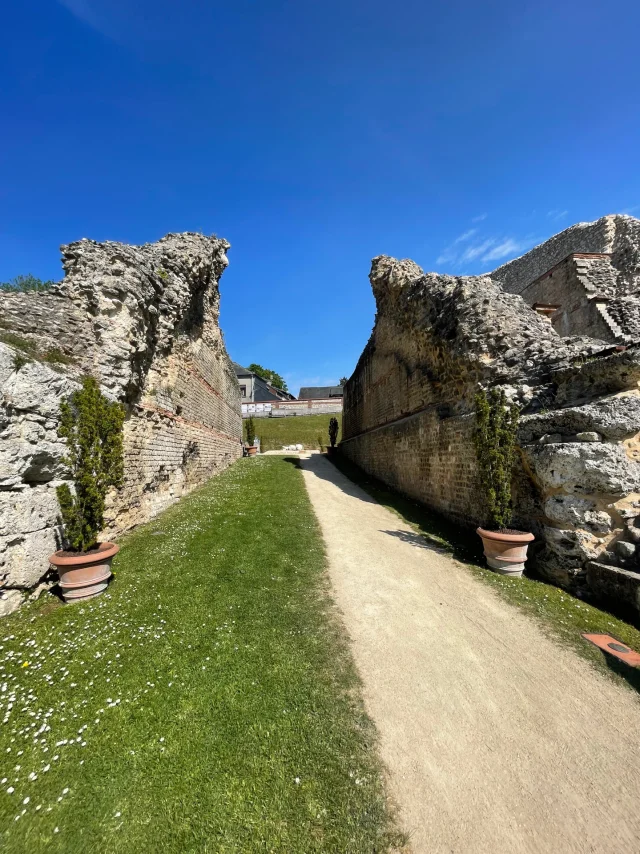 Lillebonne May 2022 Gallo-Roman Theatre Cite Juliobona Vestiges Antiques Preserves Csnt
Lillebonne May 2022 Gallo-Roman Theatre Cite Juliobona Vestiges Antiques Preserves CsntClose your eyes and let your mind wander to a distant past. Imagine the cobbled streets of Juliobona (the ancient name of Lillebonne), alive with the noise of wagons and the chatter of Roman citizens. Walk through the doors of the theater, and suddenly the modern world fades away to make way for a stage of timeless beauty.
The theater rises up before you, its stone tiers offering a breathtaking view of the stage. You can almost feel the electrifying energy that once reigned in this amphitheater, where grandiose shows and classical plays captivated the crowds.
Imagine sitting among the people of the time, marvelling at the performances of the talented actors, transported by the stories of heroes and gods that came to life before your very eyes. The murmurs of the crowd and the enthusiastic applause still echo within the ancient walls of the theater.
And for a moment, you feel part of that glorious era, when art, culture and passion were celebrated with gusto. Lillebonne’s Gallo-Roman theater is much more than just a historical monument; it’s a living testimony to the greatness of Roman civilization, a poignant reminder of how the past continues to influence and inspire the present.

